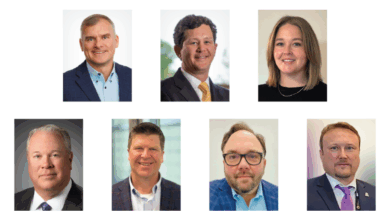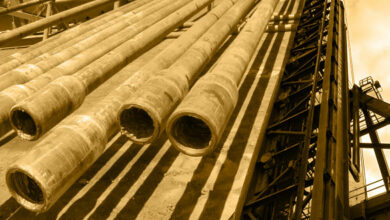From the President: Principle above politics – Cuba, USA need a One Gulf strategy

IADC has a proud tradition of dedication to safety over its 70-year history. This unyielding focus reflects our belief that safety is the right thing to do. It is right for the rig, it is right for the industry, it is right for the world.
When the Macondo blowout occurred, IADC was on the front lines with the Joint Industry Task Force to develop recommendations to the US Department of the Interior, to help prevent such an event from happening again.
At the same time, the words and actions from the Administration in Washington might persuade a casual observer to conclude that safety is foremost in the minds of US national policymakers. Unfortunately, politics trumps sound policy when special interests are at stake. A glaring inconsistency exists that stymies the ability of industry to do the right thing in an environmentally sensitive emergent offshore drilling arena. I am talking about Cuba.
Cuba and the United States are embroiled in a 50-year-old embargo that prevents commerce or dialogue regarding E&P activity or virtually anything else. For most of that half-century, E&P operations offshore Cuba were essentially nonexistent.
Today, however, Cuba is moving to develop its deepwater resources in the eco-sensitive body of water dividing the two nations, the Gulf of Mexico. Reports indicate that as much as 20 billion barrels of reserves might lie in Cuba’s deepwater. A respected operator, Repsol, and an experienced drilling contractor, Saipem, will manage the initial operations using a drillship constructed in China and Singapore.
The companies plan to drill about 50 miles offshore the Florida Keys. Ironically, no drilling in US waters can occur within 125 miles of the Florida coast.
Despite the demonstrated competence of the operator and contractor, they nonetheless could benefit from equipment and services from the energy capital of the world – the US Gulf Coast. A mere two-hour flight away from the Cuban deepwater frontier exists an array of maintenance and service options – BOP and stack testing, remote-operated vehicles, cementing services, firefighting services, not to mention spill response, containment and cleanup resources.
This is not about commercial opportunity. Only seven wells are planned over 2011-2014. But it should not be about politics, either. Even the Environmental Defense Fund has acknowledged that US-Cuba cooperation is critical in keeping the Gulf safe.
Safety and common sense should rule the day. Why should credible and competent companies such as Repsol and Saipem be forced to search halfway around the world for critical products and services?
True, Washington has said that emergency licenses could be issued, should a major event occur. Our approach is to anticipate problems, not wait and react to emergencies. Safety must be proactive.
Drilling is a global pursuit. Our industry shares information readily, despite borders and barriers. The physics of well control know no boundaries. Nor should our concern for human safety and the environment.
Let’s put principle above politics and seek a One Gulf solution to deepwater GOM development, whether offshore the USA or Cuba.




